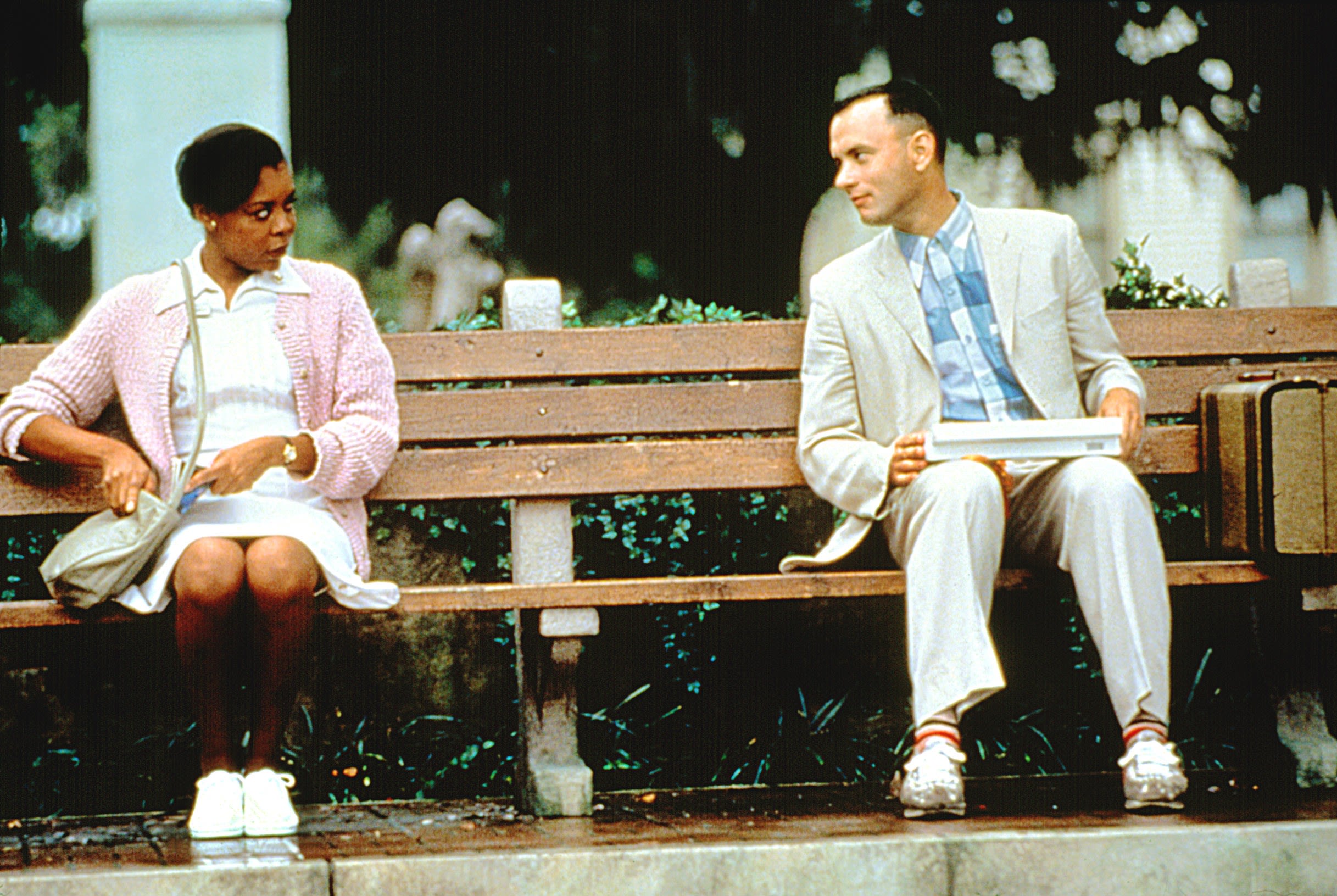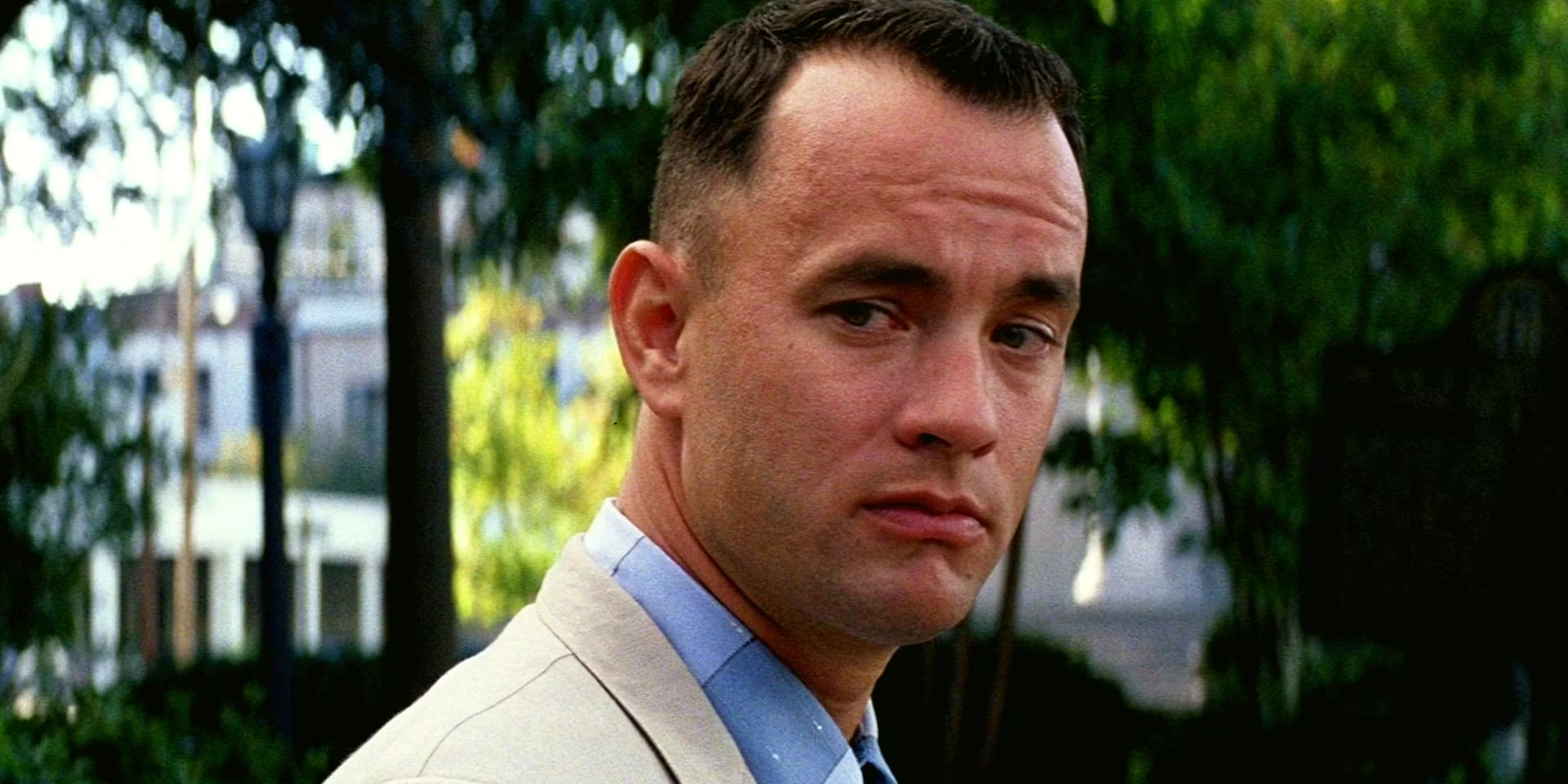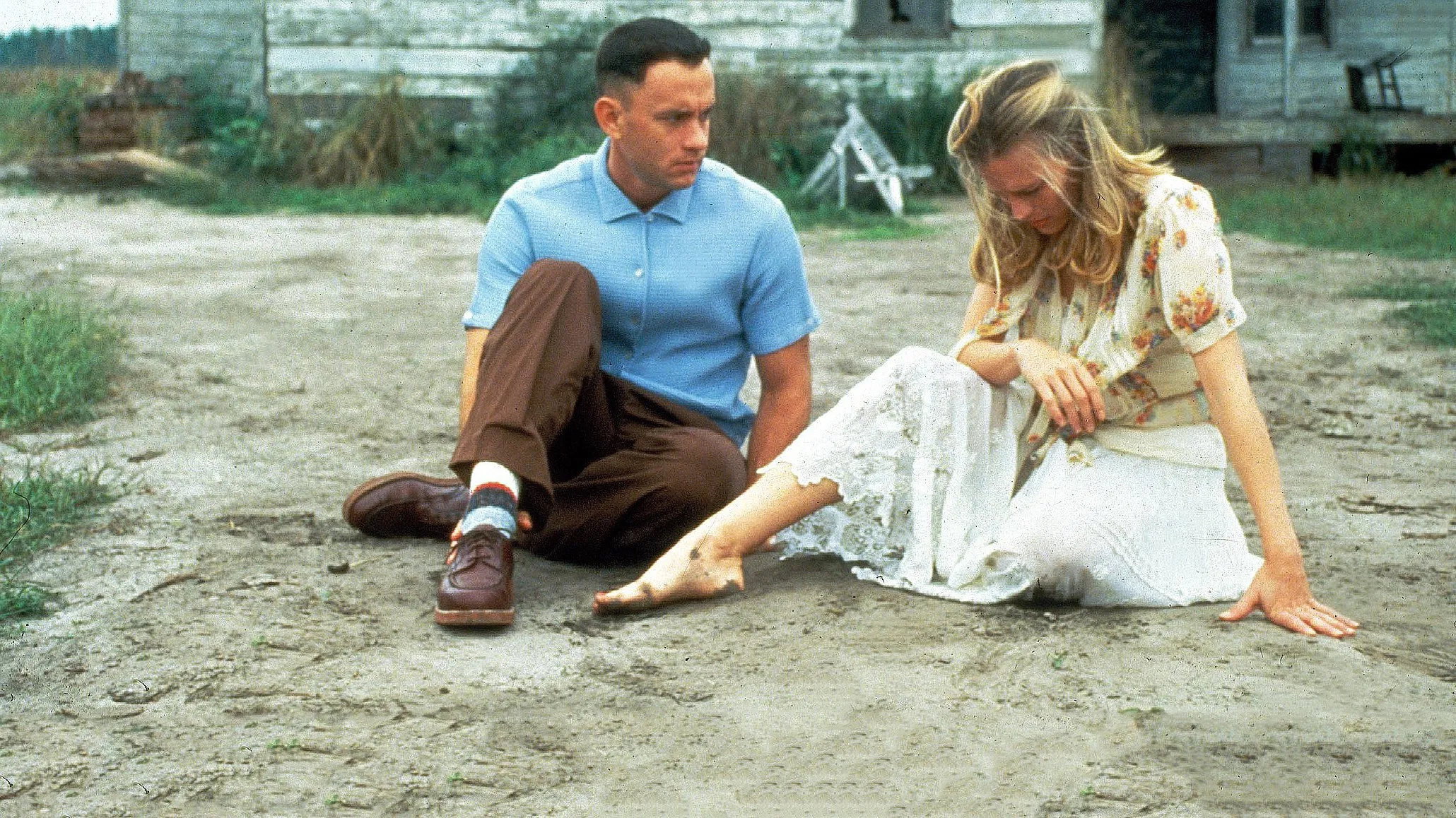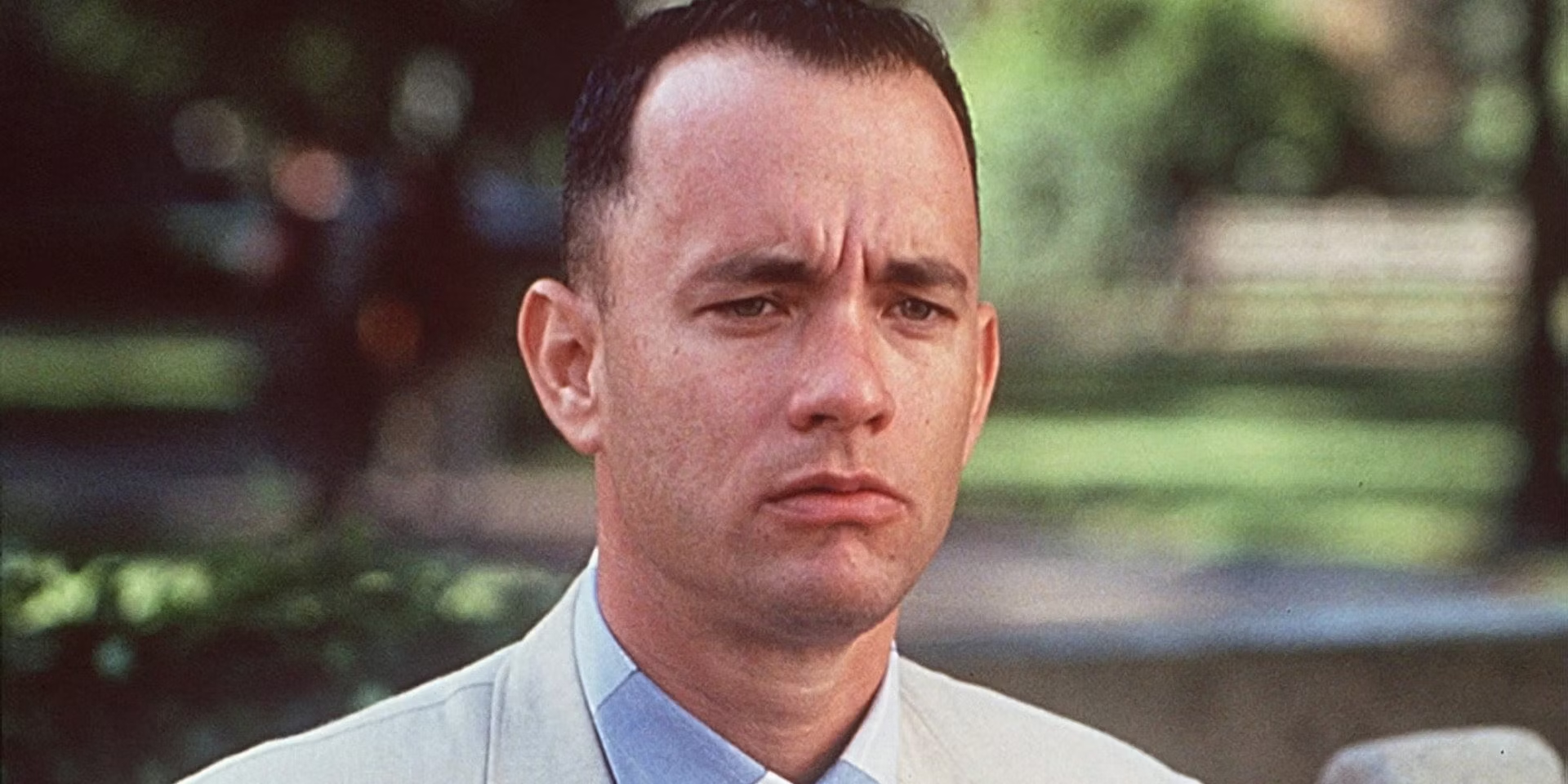Thirty years ago, Tom Hanks and director Robert Zemeckis embarked on a cinematic adventure that would leave an indelible mark on Hollywood history with Forrest Gump. At the helm of Paramount Pictures during this period was Sherry Lansing, who faced what she described as the biggest gamble of her career. The challenge was not just about making another movie; it was about bringing to life a script that had been turned down by Warner Bros. due to a competing project involving Tom Cruise.

A Tale of Script Trades and Studio Gambles
The script for Forrest Gump, based on Winston Groom’s novel, originally belonged to Warner Bros. However, the studio was initially uninterested in moving forward with it, distracted by the success of the Tom Cruise and Dustin Hoffman starrer, Rain Man. Paramount Pictures saw potential where Warner Bros. did not and made a decisive move to acquire the script. This script trade was a pivotal moment in film history, as Sherry Lansing leveraged a unique opportunity to secure what she believed to be the “most beautiful script I’ve ever read.”
Lansing’s journey wasn’t without hurdles. Warner Bros. was keen on a property owned by Paramount and proposed a swap—Forrest Gump‘s script for the screenplay of Executive Decision. After intense negotiations, which included an additional payment of $400,000 from Warner Bros., the deal was sealed. Paramount’s next task was to find a suitable director, a role that Robert Zemeckis would come to fill, approaching the studio with his vision for the film.

Overcoming Budgetary Nightmares
The production of Forrest Gump was fraught with financial challenges. With a budget initially set at $40 million, the costs escalated as filming expanded across 10 states and over 150 locations. The financial strain was exacerbated by a hefty bill from George Lucas’ Industrial Light & Magic for special effects. Faced with mounting expenses, Lansing urged Zemeckis to slash the budget by $10 million. This led to both Zemeckis and Hanks taking a 50% cut in their salaries, a sacrifice that would later yield significant returns.
The financial constraints continued to test the resolve of the filmmakers, particularly during the shooting of the iconic marathon scene. Hanks and Zemeckis used their own funds to keep the cameras rolling with a minimal crew, eventually requiring further financial concessions from the studio to complete production.

A Legacy Cemented in Hollywood
Upon its release, Forrest Gump not only recouped its investment but soared to monumental success, amassing $678.2 million at the box office. Both Zemeckis and Hanks earned a staggering $40 million each from the film’s profits, validating the risks taken by Lansing and her team. The film’s profound impact was further endorsed by its sweep at the Oscars, where it won several awards including Best Picture.
Reflecting on the journey, Sherry Lansing noted, “Those kinds of choices are in every single movie.” Her gamble on Forrest Gump was a testament to the bold decisions that sometimes define a career in Hollywood.
As we celebrate the 30th anniversary of Forrest Gump, it remains a poignant reminder of the power of perseverance and vision in the unpredictable world of film making. It’s a story about how a rejected script became a generational masterpiece, thanks to the unwavering belief of a few determined individuals in the potential of a good story.
